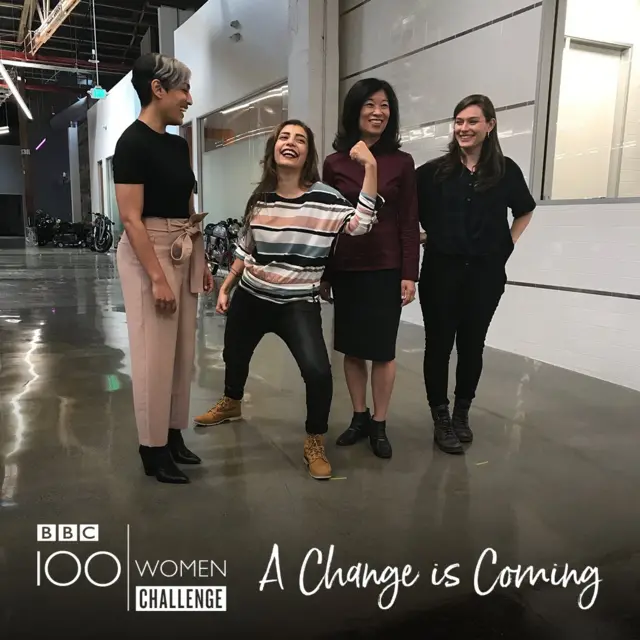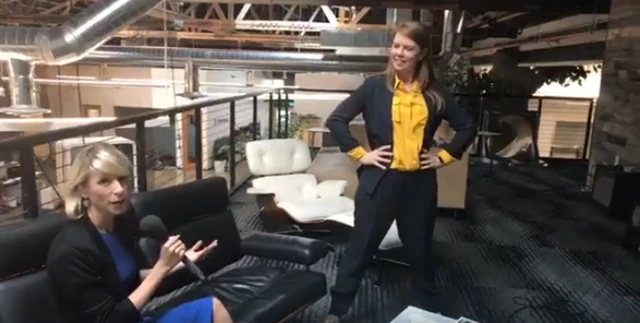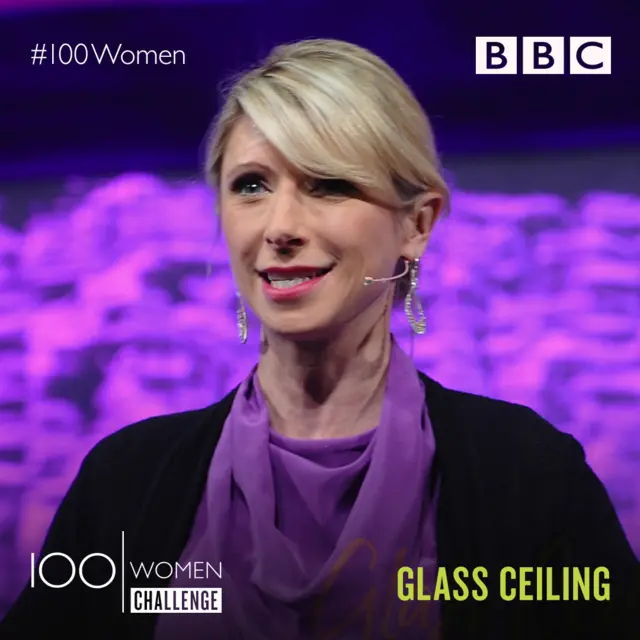Who will be taking the stage?published at 16:39 BST 6 October 2017
Our #teamlead members include Lori Mackenzie, external, a specialist in gender diversity; artificial intelligence specialist Rumman Chowdury, external; product designer Roya Ramezani, external; and software engineer Natalia Margolis, external.
You can find out more about them in the video below.
They will be joined by Erin Akinci, a data scientist whose nerves in the workplace has inspired one of their innovations, and Lea Coligado, a Google software engineer and founder of the Women of Silicon Valley project.
The BBC's Nuala McGovern - who has been hosting events and discussions throughout the week - will also be there.
Allow X content?
This article contains content provided by X. We ask for your permission before anything is loaded, as they may be using cookies and other technologies. You may want to read X’s cookie policy, external and privacy policy, external before accepting. To view this content choose ‘accept and continue’.



